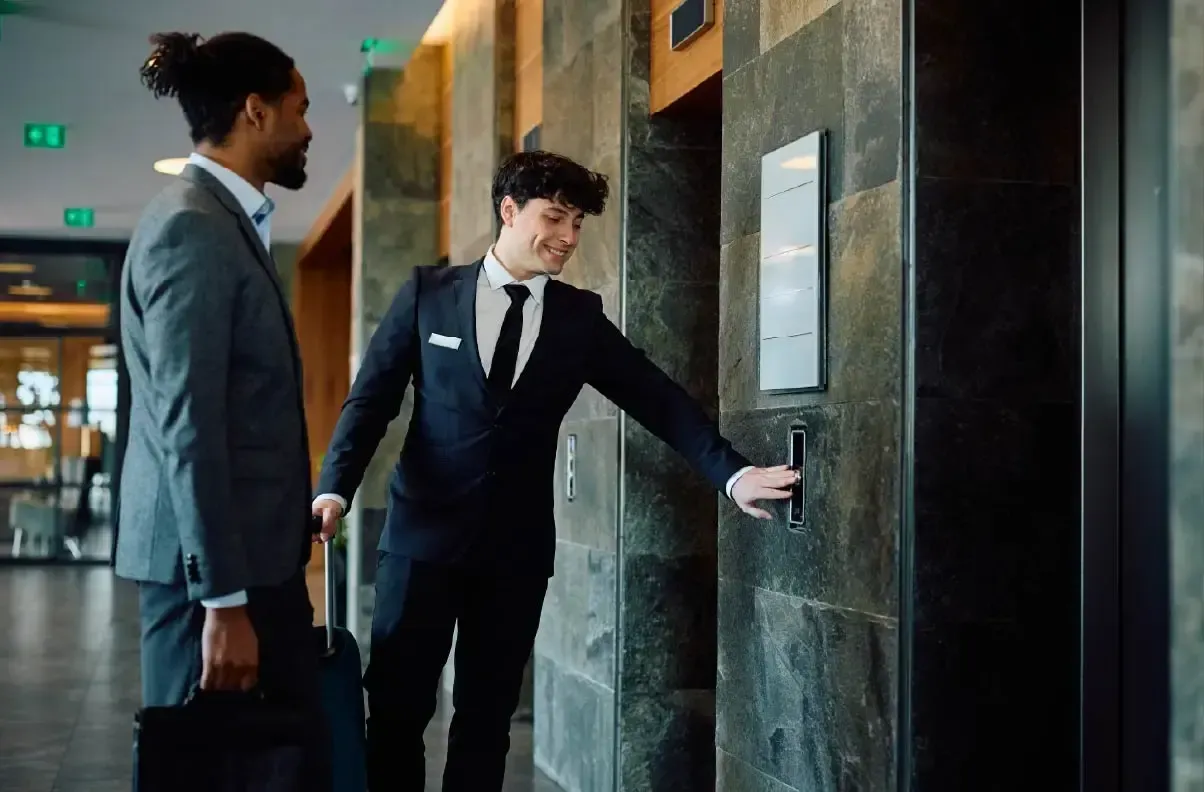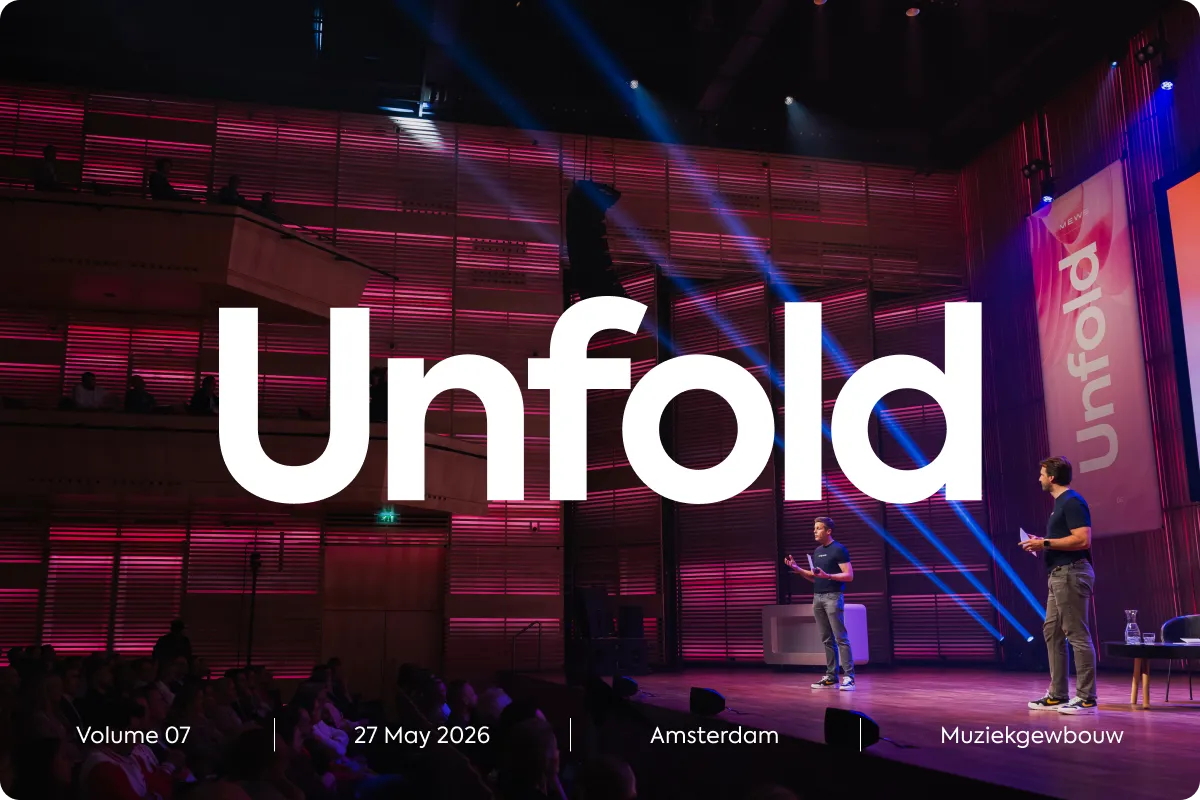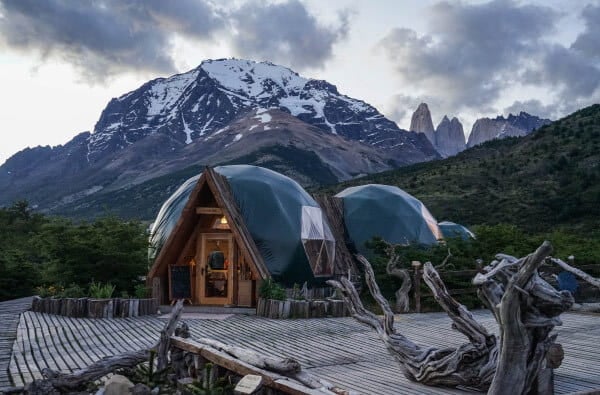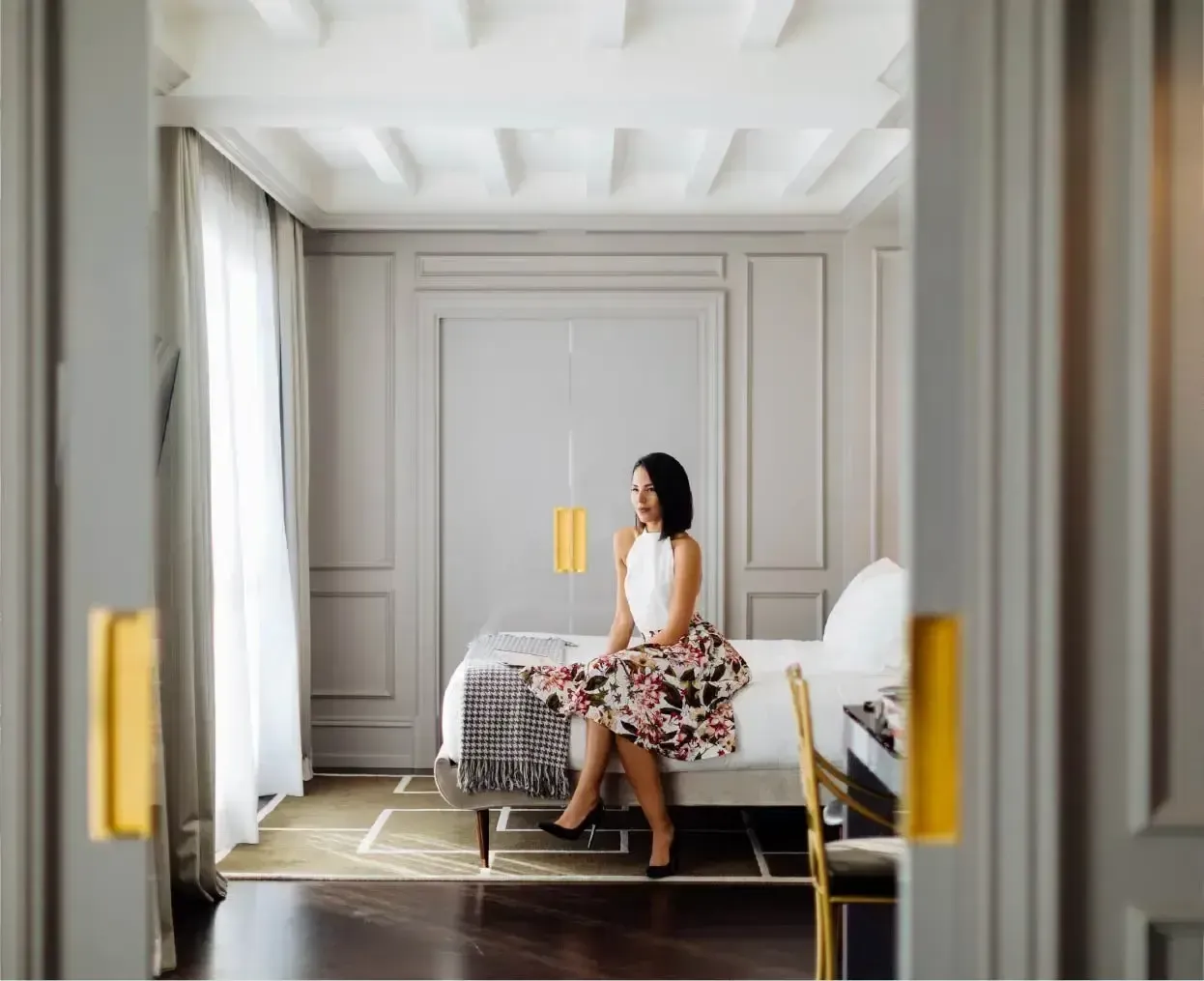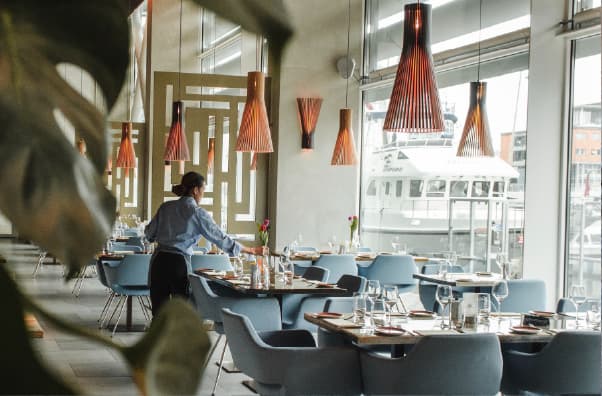You’ve without a doubt heard the term “pop-up hotels” before. It’s all the rage in the hospitality industry because it’s a way of providing a one-of-a-kind experience that will not only be unforgettable but also generates a buzz for your hotel’s brand.
Pop-up hotels give the chance to transcend the limits of fixed infrastructure and redefine the meaning of comfort, luxury and unique experiences, while at the same time boosting tourism to remote locations.
In this article we’ll look at what a pop-up hotel is, and why they’ve become so popular over the years. We will also look at why they can be an interesting alternative to traditional hotels, as well as their advantages.
What is a pop-up hotel?
A pop-up hotel is a temporary structure that is a way of providing accommodation for both seasonal or unique events. Those could be in the form of outdoor music festivals, retreats, weddings, or sporting events to name a few.
This kind of hotel can also come in the form of an experiential, limited, or fixed-time experience in a particular space or remote destination. The idea is to capture the guests’ sense of adventure and quest for new experiences while propelling the hotel brand to a new level through innovation and thinking outside the box.
How have pop-up hotels become so popular?
Pop-up hotels have become popular thanks to tech-savvy millennials who are all looking for their next Instagrammable vacation. This fear of missing out (FOMO) culture which is stirred up by social media leaves brands hustling to keep up, and has in turn, led to the popularity of these kinds of hotels.
Why book an everyday hotel, when you could be staying in a canopy hotel in the rainforest overlooking wildlife and gorgeous scenery? The pop-up hotel is being driven by millennials and Instagrammers but first stemmed from the concept of experiential travel. As more and more travelers are looking to book an experience over conventional sun and beach vacations, pop-up hotels are an ideal alternative.
Why are pop-up hotels an interesting alternative to traditional hotels?
Pop-up hotels prove an interesting alternative to traditional hotels because they take the concept of immersive and experiential travel to the next level. Hotels can provide a unique experience without having to invest in permanent infrastructure. In this way, hoteliers can also use pop-ups to promote their brand identity in a creative way.
For example, hotels can promote their brand by providing glamping installations at a festival, which provides a great opportunity for brand awareness, especially amongst the younger festival-goer target audience. In turn, this sporadic opportunity can open up new markets because this target audience then associates the brand with being cool and innovative.
A pop-up hotel also provides a chance to have a presence in an area of the world that under normal circumstances wouldn’t be easy to build a hotel – think the Amazon jungle, desert or other remote locations.
The advantages of pop-up hotels
There are many advantages to these types of hotels, so let’s take a look at them closer.
Give your hotel the chance to reinvent luxury
Luxury is no longer exclusively defined as a five star hotel with a spa, pool and private beach access. Pop-ups have essentially given hotels the chance to reinvent the concept of luxury. Hotels can now create unparalleled experiences in the middle of nowhere.
As guests increasingly look for the feeling of disconnection while at the same time having the comfort and amenities of a five star hotel, these kinds of impermanent structures present a great solution.
Hotels can create a temporary setup, offering a different series of experiences, such as a private chef and unique day trips, in an obscure location that changes regularly. This helps make the brand more playful and youthful while at the same time providing top-notch experiences.
Brand identity and awareness
Pop-ups present an interesting chance for hotels to reinvent their brand and bring awareness to a different target market. This in particular happens at festivals and events with millennial travelers, as mentioned previously, who are a prime target for this type of hotel.
Designing these temporary spaces is a great opportunity to re-market your brand through shareable experiences and proper brand positioning. This creates brand awareness among another target audience who might not find you otherwise, but are happy to try one of your experiences when the opportunity presents itself.
Boost travel to remote locations
This kind of hotel is ideal for boosting travel to remote locations where facilities are not easy to come by. Hotels can set up unique experiences in these places without having to invest in permanent infrastructure and thereby facilitate travel to areas that would otherwise be day-trip-only destinations. It also allows your hotel to have a presence in different locations that might not otherwise be possible.
Conclusion
As new boutique and independent hotels have evolved over the last two decades, pop-ups seem to be the trend of the next decades to come. Of course, with this trend will come the need to differentiate your brand from the competition. You can start small and then decide whether this phenomenon is right for your hotel branding. From there, the sky’s the limit.
Nonetheless, since the idea is to make your brand stand out, leading guests to believe there is no property quite like yours, hoteliers must seek independent hotels solutions both in software choices that will create the most efficient and guest-centric operations, as well as in the kinds of experiences they offer.
Pop-up hotels are without a doubt an interesting solution to continuously reinvent your brand and boost it to a whole new level with the help of experiential travel. The more unique the experience, the more likely people are to share it with their friends both via social media and via word-of-mouth. With a well-defined, out-of-the-box thinking, hoteliers can catapult their brand beyond the competition.
Written by

Eva Lacalle
Eva a plus d’une décennie d’expérience internationale dans le marketing, le marketing numérique, la communication et l’événementiel. Lorsqu’elle ne travaille pas, elle aime surfer, danser ou explorer le monde.



